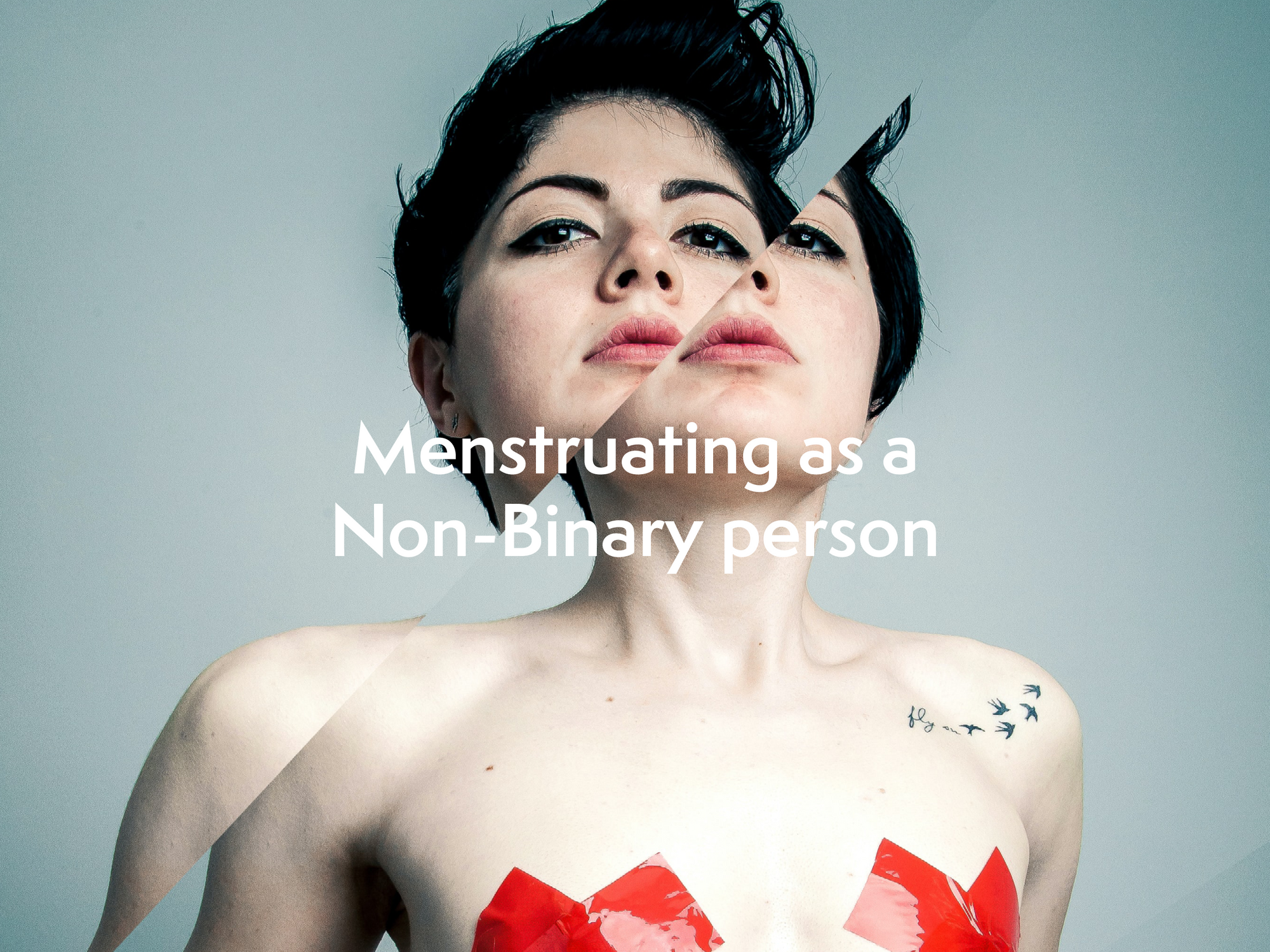Can You Really Optimise Your Cycle For A Happier Life?
We asked an expert if it’s actually possible to reclaim your period cycle.
We all know that our cycles move in a monthly pattern, but have you ever wondered what stage your body is in right now – and just how it could be impacting your thoughts and feelings?
As it turns out, your body doesn’t just spend the month in one cycle – there are actually four different stages within that cycle that can affect your physical, emotion and mental wellbeing.
But what makes each cycle different, and can you actually use this knowledge to improve your everyday life? We asked Dr Michela Sorensen, a GP who specialises in women’s health, to break it down for us.
So, what are the four monthly cycle stages?
According to Dr Sorensen, the four stages of your monthly cycle are menstruation, the follicular phase, ovulation and the luteal phase. The first stage, menstruation is probably pretty self-explanatory – it’s during days 1 to 7 of your cycle, when you have your period – but how do the rest work?
After menstruation comes the follicular phase, which Dr Sorensen says is “when the body is preparing an egg for ovulation. It overlaps with the menstrual phase, usually lasting from day 1to 13 or 14 of a women’s cycle.”
Next is ovulation, which typically occurs on day 14 of the cycle, or “about a week after bleeding finishes” according to Dr Sorensen. “This is the stage when an egg is released from the ovary,” she explains.
Finally we have the luteal phase, the last stage of the menstrual cycle which Dr Sorensen says lasts “on average about 14 days from ovulation until bleeding begins”.
Okay, but what’s the difference?
Each stage sees our bodies experience quite a lot of change, actually. You may have noticed that you’re partial to certain feelings at different times, but it turns out that it’s not just in the week leading up to your period – it’s throughout the entire month.
You’ll likely recognise the symptoms of menstruation, which Dr Sorensen characterises as “cramps, lower back pain, tender breasts, bloating, mood swings, irritability, headaches and fatigue” thanks to a sudden drop in hormones.
“When the body detects it isn’t pregnant, there is a drop in both oestrogen and progesterone and women shed the lining of the uterus which causes bleeding, known as menstruation or a period,” she explains.
Once your period is over, your body enters the follicular phase. “During the follicular stage women experience a surge in oestrogen and testosterone, resulting in increased energy and often a boost in mood,” Dr Sorensen says. “Women usually feel more confident and self-assured and often have an increased libido [during this time].”
In the ovulation phase, the changes are a little more subtle. “Ovulation is when the ovaries release the mature egg and women are the most fertile. Physically, women may notice an increase in vaginal discharge that turns from a thickish, white consistency to a more watery, egg white type consistency,” says Dr Sorensen. She adds, “Because of a surge in oestrogen, women often feel at their most confident during this stage and have a high sex drive.”
Then there’s the luteal phase, which Dr Sorensen says is marked by “an increase in progesterone which causes women to notice abdominal bloating, breast swelling or tenderness, mood changes, food cravings and disturbed sleep. Women may notice a decrease in sex drive and drop in self-esteem or motivation.”
How can I optimise the different stages of my cycle?
Despite what we’ve long been taught, it is actually possible to find balance within your cycle – it’s one of the biggest reasons why The Fix was founded, after all. Knowing how your body reacts to different phases can allow you to optimise your schedule for the many shifts your hormones experience.
“We know women are more confident and assertive during follicular and ovulation phases. This is a great time to plan meetings, job interviews or presentations,” says Dr Sorensen. “Menstruation and the luteal phase are a time to switch the focus to self-care. Reduce commitments, take time out and plan time for things you enjoy and fill your cup.”
She also adds that what you’re putting in to your body during certain menstruation and the luteal phase can have an impact on the way you’re feeling. “It’s also a time to be conscious of what you’re eating and drinking,” Dr Sorensen advises. “Reduce alcohol, sugar and processed foods as these all negatively impact on mood. And get some vitamin D where you can – it helps!”
The most important thing to remember is that you know your body best, so try to give it the support it needs at different stages of your cycle. “Take notice of how you feel at different stages of your menstrual cycle and try to plan around that. If you typically feel fatigued when you have your period, avoid planning evening events and make sleep a priority,” suggests Dr Sorensen.
She continues, “If you notice a surge in energy in the first half of your cycle, that might be a good time to plan work meetings or interviews. If the second half of your cycle – the luteal phase – results in low motivation or sugar cravings, be prepared by filling your fridge with healthy alternatives.”
The Fix range of period care solutions can also be a wonderful support for the many symptoms you experience throughout your cycle. Try XBloat™, XMood™, XCramp™ or XBreakout™ to help relieve different symptoms, or take The XAll™ daily for continuous support throughout the month.
And of course, seek medical advice if your symptoms are severe. Says Dr Sorensen, “If your symptoms are intrusive and impact on your day to day life, chat to your doctor about other options that might be suitable to manage them.”
ALWAYS READ THE LABEL, USE ONLY AS DIRECTED. IF SYMPTOMS PERSIST, SEEK ADVICE FROM YOUR MEDICAL PROFESSIONAL.


